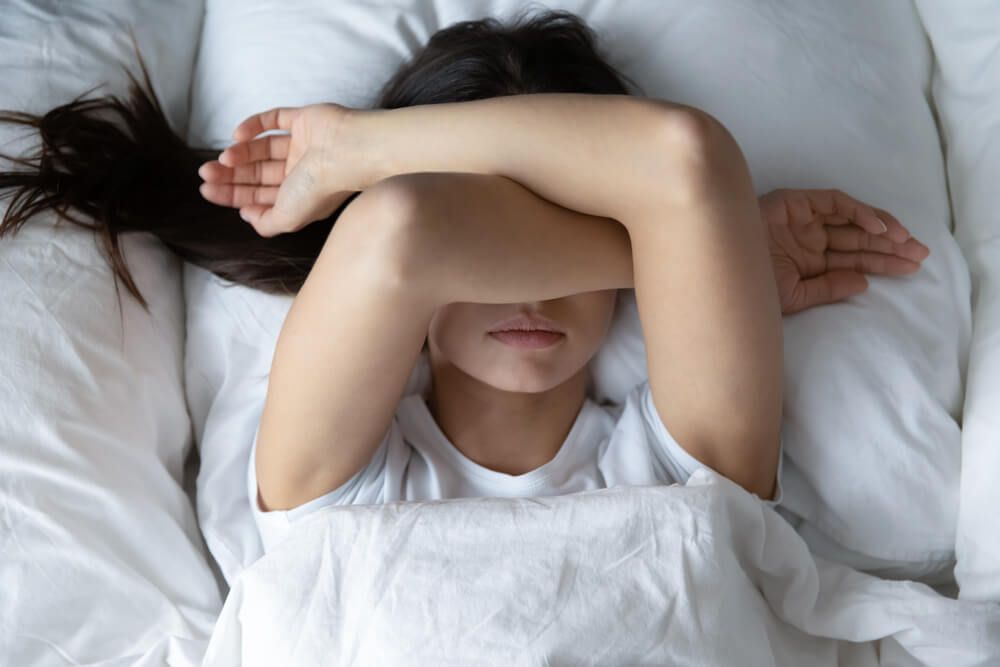RBD is a sleep disorder characterized by abnormal behaviors and movements during REM sleep. Unlike normal REM sleep, where muscles are typically paralyzed, individuals with RBD experience a lack of muscle atonia, allowing them to physically act out their dreams.
- Behavioral Manifestations: Patients exhibit a range of abnormal behaviors during REM sleep, including talking, screaming, swearing, gesturing, arm flailing, punching, kicking, and even falling off the bed. Some individuals also walk or run away from the bed.
- Non-Violent Actions: In addition to violent behaviors, non-violent activities such as laughing, whistling, singing, and masturbation can occur in a subset of patients.
- Injury Occurrence: There’s a high rate of injuries reported among individuals with RBD, which include lacerations, bruises, limb fractures, and subdural hematomas. Such injuries can result from falling off the bed or striking furniture.
- Impact on Partners: Bed partners often report being assaulted, with injuries such as punching, slapping, kicking, hair pulling, and even attempted strangulation by the affected individual.
- Legal Aspects: Due to the involuntary nature of these actions during sleep, there might be legal implications if a bed partner sustains injuries. Lack of awareness or control over these actions complicates the legal aspect.
- Neurodegenerative Disorders: RBD is often associated with neurodegenerative conditions like Parkinson’s disease, Lewy body dementia, multiple system atrophy, and sometimes Alzheimer’s disease. It may precede the onset of these diseases by years, serving as a potential early marker.
- Psychiatric and Neurological Conditions: In some cases, RBD can also be associated with psychiatric conditions, such as post-traumatic stress disorder, and neurological issues like narcolepsy.
- Medications: Certain medications, especially antidepressants, can trigger or exacerbate RBD symptoms. Withdrawal from REM-suppressing medications can also sometimes trigger RBD behaviors.
- Clinical History: Diagnosis often involves a detailed clinical history. Patients or their partners describe abnormal behaviors during sleep.
- Polysomnography (PSG): A PSG study helps confirm the diagnosis. It includes monitoring brain activity, eye movements, muscle activity, and heart rhythm during sleep.
- Video Polysomnography: Video monitoring during PSG allows simultaneous recording of sleep behaviors, aiding in the diagnosis of RBD.
- Medications: Treatment typically involves medications like clonazepam, which suppress REM sleep and reduce the occurrence of disruptive behaviors during sleep.
- Safety Measures: Bed partners of individuals with RBD should take safety precautions, such as removing potentially harmful objects from the bedroom and ensuring a safe sleeping environment.
- Behavioral Interventions: Behavioral approaches, like maintaining regular sleep schedules, reducing stress, and avoiding sleep deprivation, can sometimes help manage RBD symptoms.
- Continuous Follow-Up: Continuous monitoring and follow-up evaluations are essential to assess the progression of RBD and adjust treatment strategies accordingly.
Diagnosing RBD involves a comprehensive evaluation to rule out other sleep disorders and underlying medical conditions that may present with similar symptoms. Treatment primarily focuses on reducing episodes of disruptive behaviors during sleep and ensuring safety for both the affected individual and their bed partner.
Understanding RBD behaviors and their associations is crucial in both medical and legal contexts, especially when considering the potential risk of injuries to the individual and their bed partners during episodes of REM sleep without muscle atonia.

